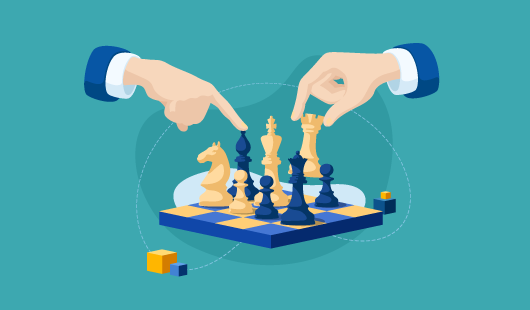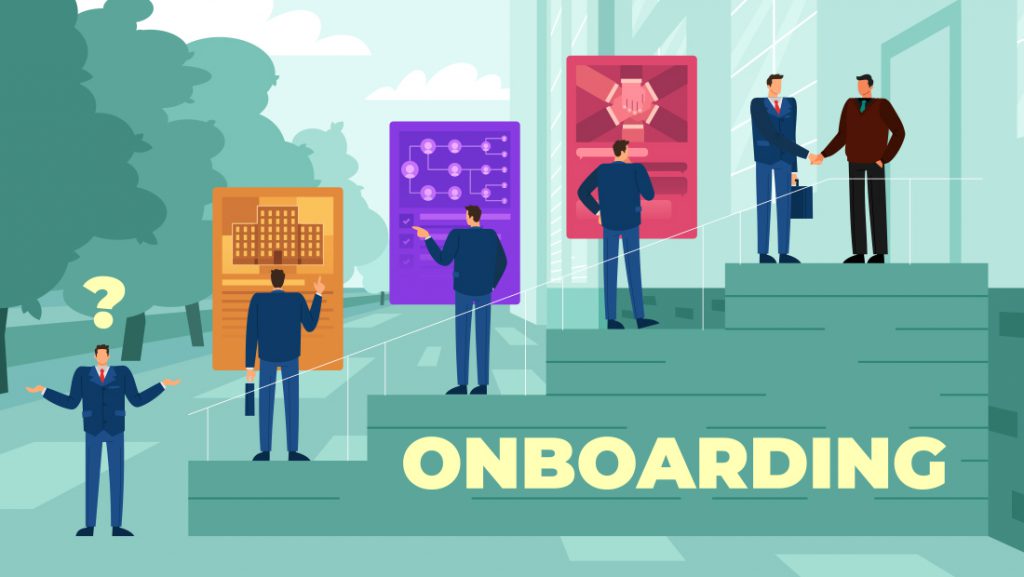What made Albert Einstein say, “Games are the most elevated form of investigation”? As a physicist, shouldn’t he have put science on a pedestal?
In her course Collaborative Foresight: How to Game the Future Jane McGonigal attempts to solve this mystery.
McGonigal discovered that Einstein was a “very obsessed chess player”. He talked about chess all the time. Apparently, he even confessed to his friends that chess was taking up the time he ought to have spent thinking of science.
How does addiction to chess make games “the most elevated form of investigation”?
McGonigal explains that chess “is a problem where you have a certain set of resources that you have to protect and maintain, and you can use them in different ways, and you have an opponent who is using their resources to achieve a goal that is opposite yours. Every time you sit down to play a game of chess, you have two people bringing two different strategies and ideas about how the resources might work, and you play out the game and you have a series of hypotheses being tested.”
Think of the future like a game of chess, she says. “There are more variations of possible chess moves than there are atoms in the universe. Yet we still manage to play chess successfully, without being overwhelmed by that infinite range of possibility. That’s because when we play chess, we get really good at running all of these simulations simultaneously. You’re playing out these multiple chains of cause and effect.”
Think of many minds attacking a common business problem together. That’s what your team does when they learn together creatively, engagingly.
See the power of gamification yet?
Fail and move on
While citing reasons to play computer games, psychologist Ryan Anderson, puts failure first. When you start any game, you usually have more than one “life.” That means you are expected to fail along the way. This primes you to see a problem through “without getting demoralized and giving up”, which as Anderson puts it, “is a really important life skill.”
While tenacity and perseverance can do every team member as also your business a world of good, an increase in “adaptability and cognitive flexibility” will improve their problem-solving skills.
Anderson also points out that gamers are better at “keeping track of several objects simultaneously, filtering out irrelevant information, and switching from task to task.” Plus, gamers have been found to have faster reaction time and enhanced memory.
All of these are great qualities for your team to have when agile multitasking is the order of the day.
Talk less, let them play more
Are there many organizations that continue to swear by the lecture-in-classroom model of training?
They may be interested in an old study conducted by José Ramón Gamo of Rey Juan Carlos University. Researchers found that in primary schools in Spain, 50% of the time was spent by the teacher talking; 60% in secondary school; and 80% in high school. (One wonders if the numbers would be better or worse when education has gone online all over the world.)
The problem is after some time the learners switch off (whether they are at school or in the office). That is because “when it comes to learning new things, the human brain uses the right hemisphere, related to creativity and images, but not to linguistic processing.”
Studies by Gamo and others affirm that “game-based learning is necessary to learn better and stay motivated.”
Strategy on the fly
Dr John Beck used to teach in centers of excellence like Harvard, the University of California, and the International University of Japan but was skeptical of traditional learning systems.
He went on to team up with others and develop an interactive video game, “One Day.” The game challenged the player “to design and implement a business strategy during the course of one virtual day in an airline.” Those who tested the serious game included high school students and CEOs of different companies.
After the test, the participants had to take a written examination that contained “at least 40% of the concepts normally taught in an MBA course”. Most participants did better after playing the game than before, making the video game almost as good as a flesh-and-blood trainer.
The future is a game
Jane McGonigal believes the future is like a game. She says, “If we investigate it together, if we all bring our creativity to it collaboratively, we can really come out with massively more of those possibilities”. That will enable us to “discover things that would be impossible to discover alone.”
However, she has a warning. Gaming can go wrong when we use it to escape reality. “That’s why it’s so important to have a reason to play,” she says. “Whether you’re trying to change a mood, manage your negative thoughts or anxiety, or connect with somebody, if you have a clear purpose for why you play, then you can take that back to the rest of your life.” Positive gaming gives us agency, the confidence that what we do can have a positive impact.
Any learner who uses gamification to learn to do more or better wields the power to bring about a positive change. The immediate beneficiary could be the learner, followed by the organization and, finally, extending McGonigal’s argument, the larger world.
Some of the hyperlinks used in this post may require readers to sign up or log in.




















